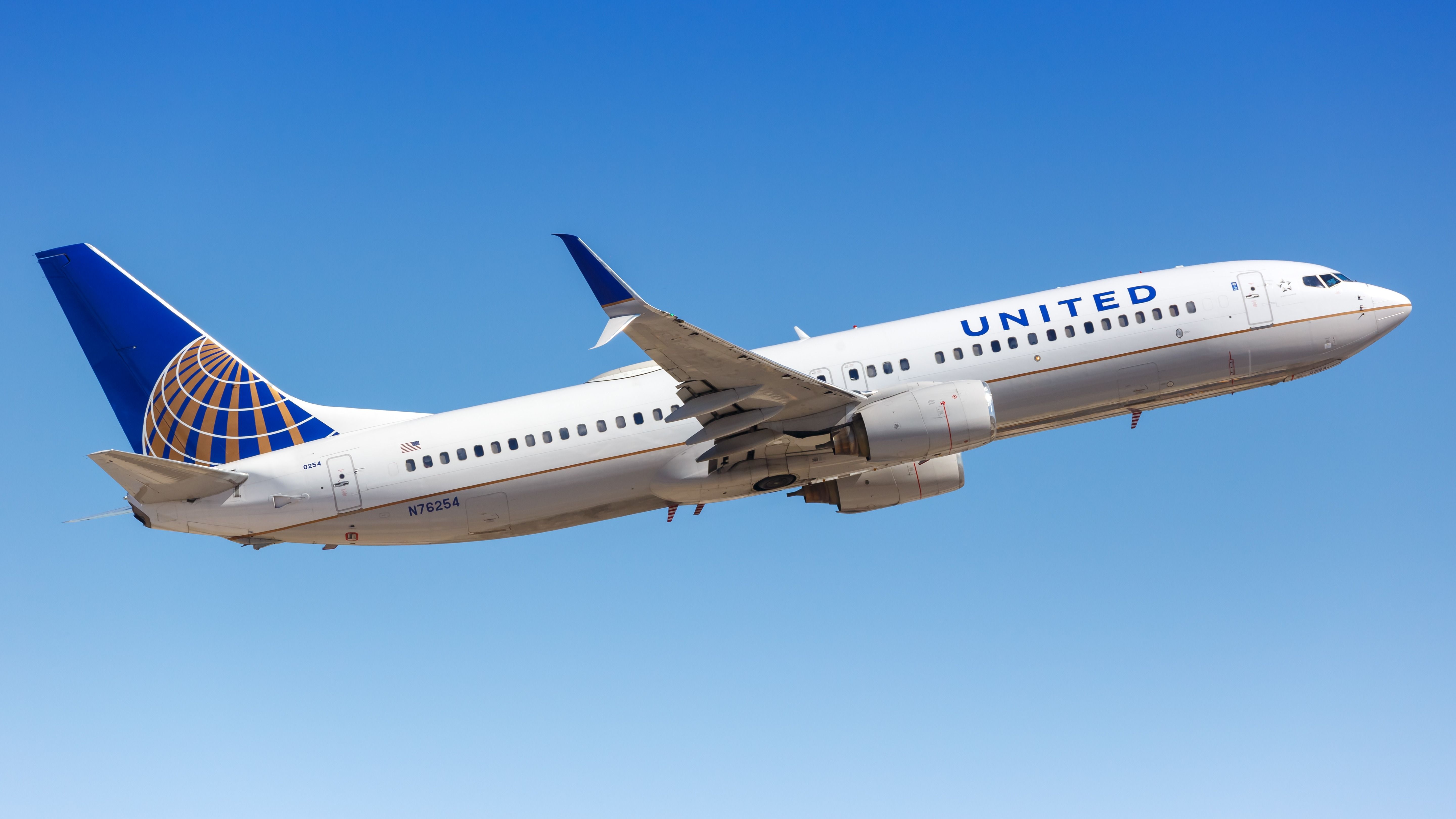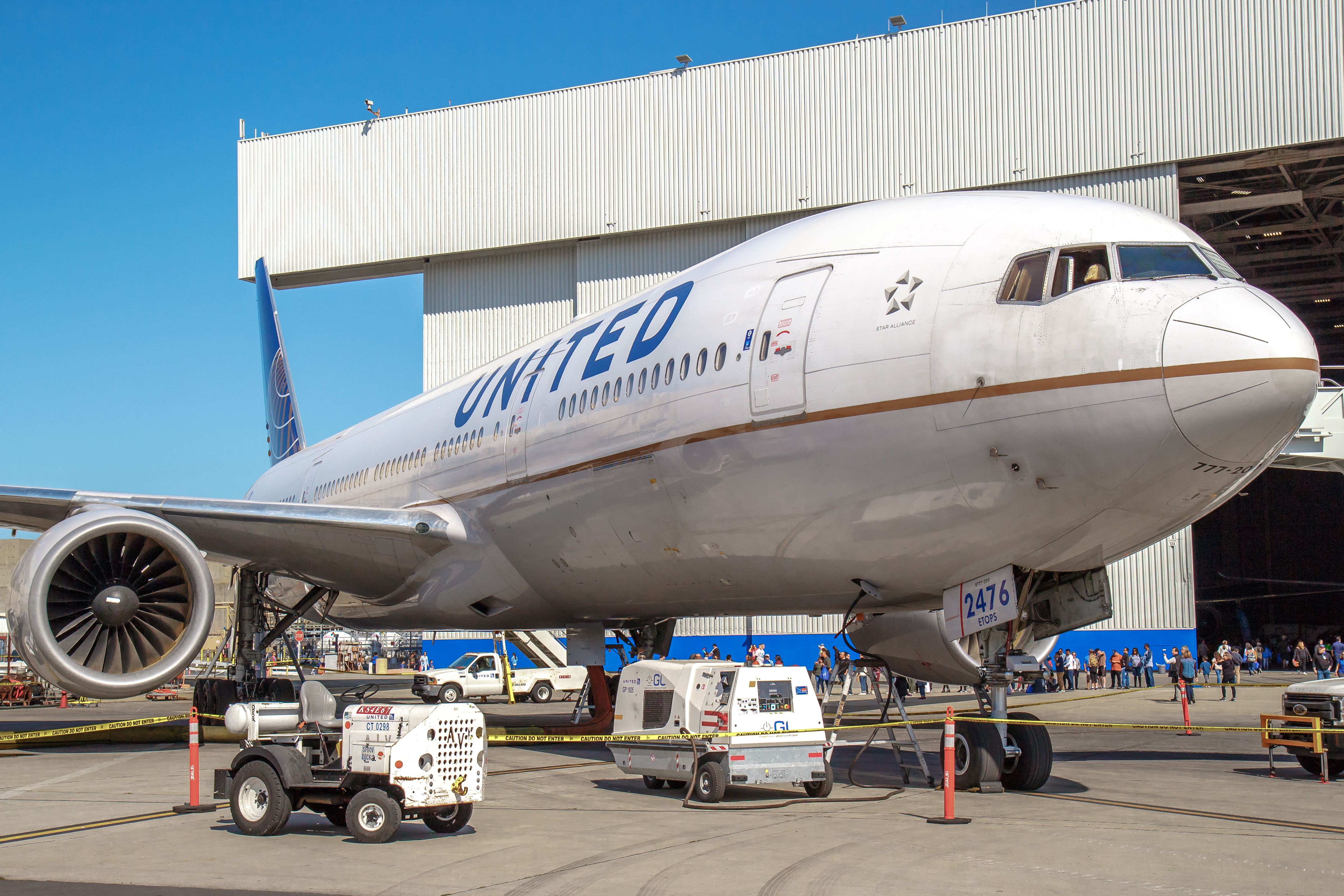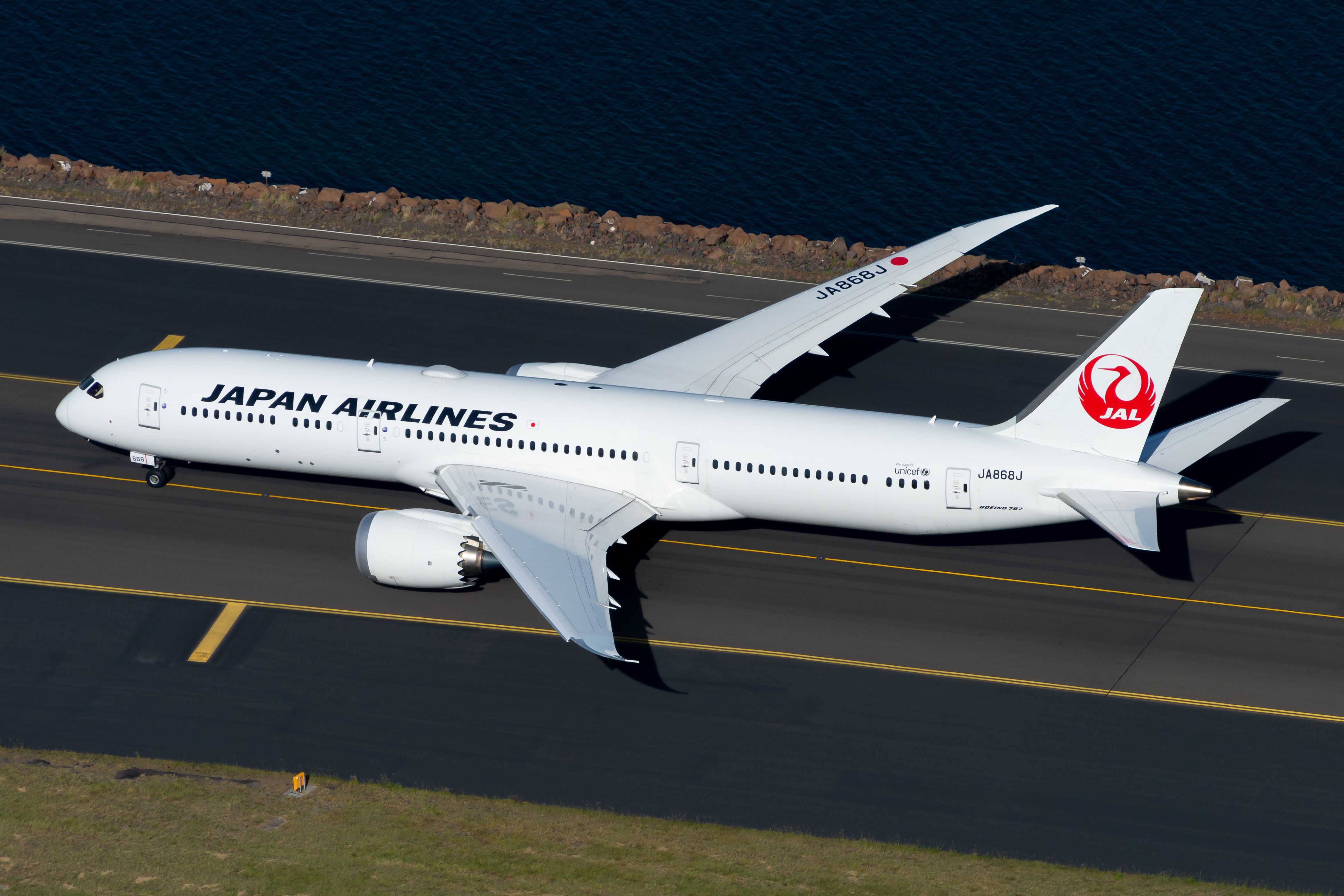Kansai International Airport (KIX) is one of Japan’s major international gateways, connecting Asia to North America and the Pacific Islands. According to Nippon.com, the airport handles 23 percent of all international flight passengers in 2023, which places it third behind two major Tokyo airports, Tokyo Haneda Airport (HND) and Tokyo Narita Airport (NRT).
The aircraft movements at Kansai International Airport (KIX) have increased dramatically, rising from 108,000 in the fiscal year ending in March 2023 to 170,000 the following year—a startling 57% rise, according to a report from Kansai Airports, the Japanese corporation operating three airports in the osaka kansai region. This increase reflects the airport’s recovery following the removal of pandemic border restrictions, which has resulted in high demand for both international and local travel.
Kansai recently celebrated its 30th anniversary and announced a varied range of businesses, food and beverage outlets, and other consumer services for the commercial zone as part of phase 3 of the ongoing Terminal 1 renovation. Several airlines are operating important long-haul flights between KIX and US destinations this October, including Honolulu, Los Angeles, San Francisco, and Guam (a US island territory), according to data from aviation analytics company Cirium.
1 Kansai (KIX)—Honolulu (HNL)
HA 450/449 & JL792/791
Airline
Orig
Dest
Miles
Ops
Seats
Seats/Dep
ASMs
HA
KIX
HNL
4,116
31
8,618
278.0
35,471,688
HA
HNL
KIX
4,116
31
8,618
278.0
35,471,688
As one of the most popular tourist destinations, this route is extremely popular among leisure travelers from both sides of the Pacific. Hawaiian Airlines is well-known for its robust services between Hawaii and Japan Airlines, and the Honolulu-Kansai route is no exception. With 62 operations scheduled for October 2024, Hawaiian will offer many seats on the Airbus A330. The aircraft is configured with 278 seats and designed to cater to a wide range of passengers, from economy to premium classes.
Photo: Markus Mainka | Shutterstock
Hawaiian Airlines has established a reputation as a dependable airline on Pacific routes, providing not only convenience but also a cultural link to Japanese customers, who make up a significant portion of its customer base. Hawaiian Airlines’ extensive operations on this route are intended to capture the sensation of a “tropical escape,” and the airline’s services are targeted at delivering that even before customers land in Hawaii.
Simple Flying recently reported that nearly all of Hawaiian Airlines’ US mainland flights are equipped with fast and free WiFi courtesy of Starlink. Just last week, the carrier equipped its last Airbus A330-200 with the service after several months of installation.
Airline
Orig
Dest
Miles
Ops
Seats
Seats/Dep
ASMs
JL
KIX
HNL
4,116
22
5,258
239.0
21,641,928
JL
HNL
KIX
4,116
22
5,258
239.0
21,641,928
Japan Airlines also connects Honolulu and Kansai International, but with fewer regular flights than Hawaiian. JAL will operate 44 flights in October on Sundays, Tuesdays, Wednesdays, Fridays, and Saturdays, totaling 5,258 seats. In October, the airline runs widebody aircraft on this route, mostly Boeing 787-9s. JAL, which is renowned for its excellent onboard experience, strikes a balance between capacity and comfort for this important route, putting the needs of its customers first.
2 Kansai (KIX)—GUAM (GUM)
UA150/151 & UA178/177
Airline
Orig
Dest
Miles
Ops
Seats
Seats/Dep
ASMs
UA
KIX
GUM
1.561
43
7,138
166.0
11,142,418
UA
GUM
KIX
1.561
43
7,138
166.0
11,142,418
 United Airlines connects Guam and Kansai International with an impressive 86 flights scheduled for October, including a daily flight and extra flights on Tuesday, Thursday, and Saturday, which depart from KIX in the evening. United normally flies narrowbody aircraft such as the Boeing 737-800 on this shorter regional route, with a seat capacity of 166 per departure. This route is popular among tourists and those seeking quick getaways between Japan and Guam, a US territory known for its beaches and warm climate.
United Airlines connects Guam and Kansai International with an impressive 86 flights scheduled for October, including a daily flight and extra flights on Tuesday, Thursday, and Saturday, which depart from KIX in the evening. United normally flies narrowbody aircraft such as the Boeing 737-800 on this shorter regional route, with a seat capacity of 166 per departure. This route is popular among tourists and those seeking quick getaways between Japan and Guam, a US territory known for its beaches and warm climate.

Photo: Markus Mainka | Shutterstock
3 Kansai (KIX)—San Francisco (SFO)
UA34/35
Airline
Orig
Dest
Miles
Ops
Seats
Seats/Dep
ASMs
UA
KIX
SFO
5,413
31
8,556
276.0
46,313,628
UA
SFO
KIX
5,413
31
8,556
276.0
46,313,628
In October, United Airlines operates daily long-haul flights between San Francisco International Airport and Kansai International. The route is serviced by widebody aircraft, Boeing 777-200, offering 276 seats per departure. This route serves both business and pleasure tourists, offering a vital link between Silicon Valley and Japan’s industrial hub. In March, a United Airlines flight experienced a lost tire on takeoff from San Francisco to Osaka, before diverting to Los Angeles safely. The incident resulted in a car being crushed and other vehicles being damaged.

Photo: Benson Truong | Shutterstock
4 Kansai (KIX)—Los Angeles (LAX)
JL60/69
Airline
Orig
Dest
Miles
Ops
Seats
Seats/Dep
ASMs
JL
KIX
LAX
5,742
22
5,258
239.0
30,191,436
JL
LAX
KIX
5,742
22
5,258
239.0
30,191,436
Japan Airlines is the sole carrier that operates direct flights between Los Angeles International Airport and Kansai International, emphasizing the importance of this route in linking the West Coast to Japan’s Kansai area. With 44 flights planned for October, JAL’s Boeing 787-9 widebody plane is expected to manage long-haul travel with ease. The flights run on Sunday, Monday, Wednesday, Thursday, and Saturday from KIX.

Photo: Thiago B Trevisan | Shutterstock
Earlier this year, Japan Airlines successfully petitioned for a waiver at Los Angeles International Airport (LAX), and the airline was given a waiver from the use-it-or-lose-it flight schedule rule for flights between March 31 and October 26.
Copyright for syndicated content belongs to the linked Source link














